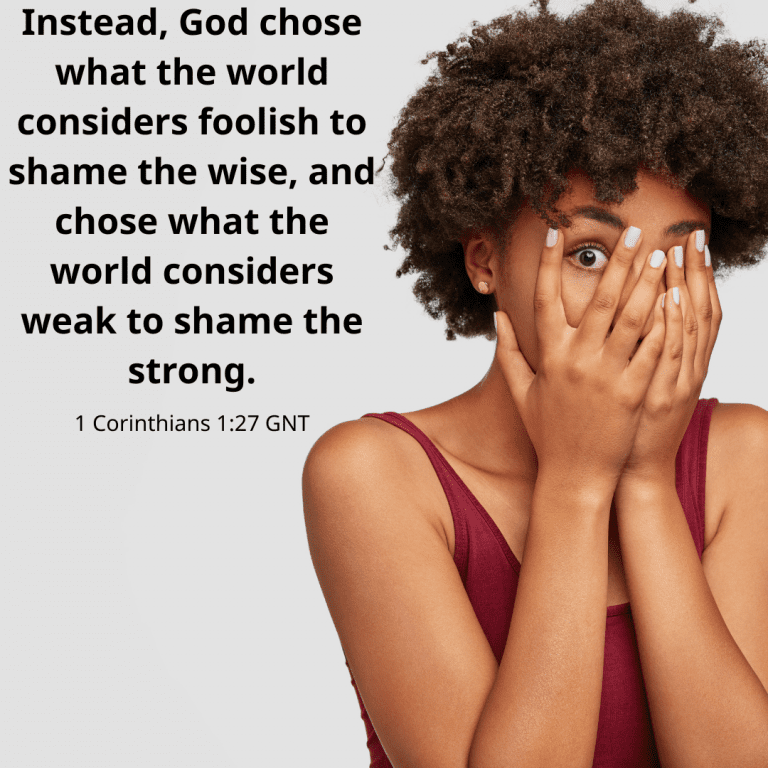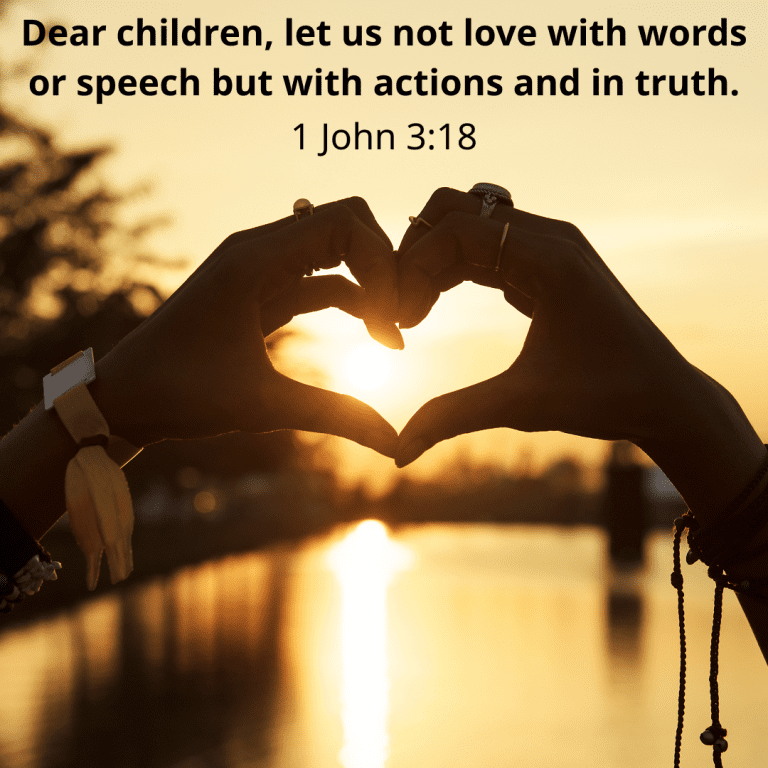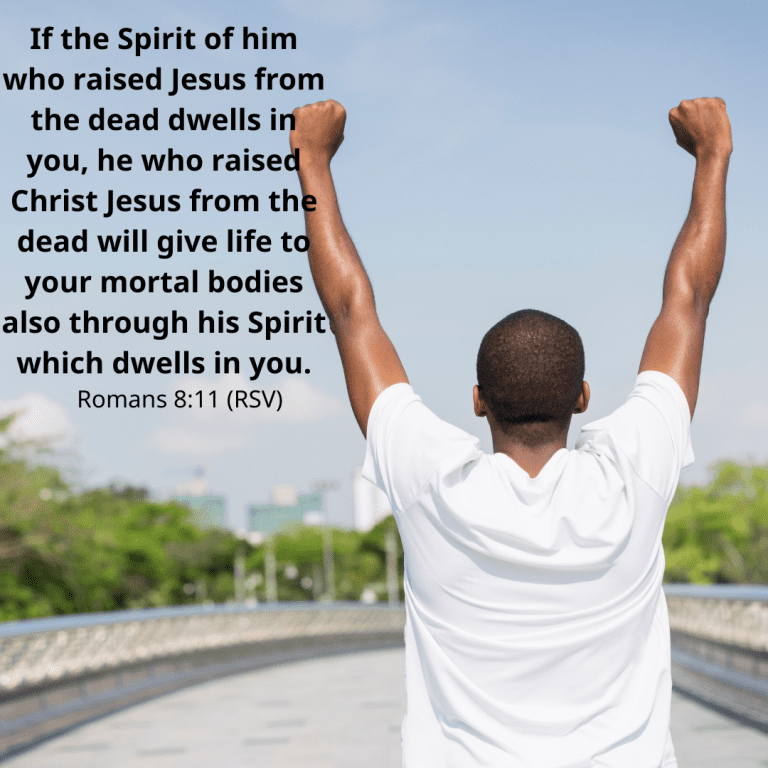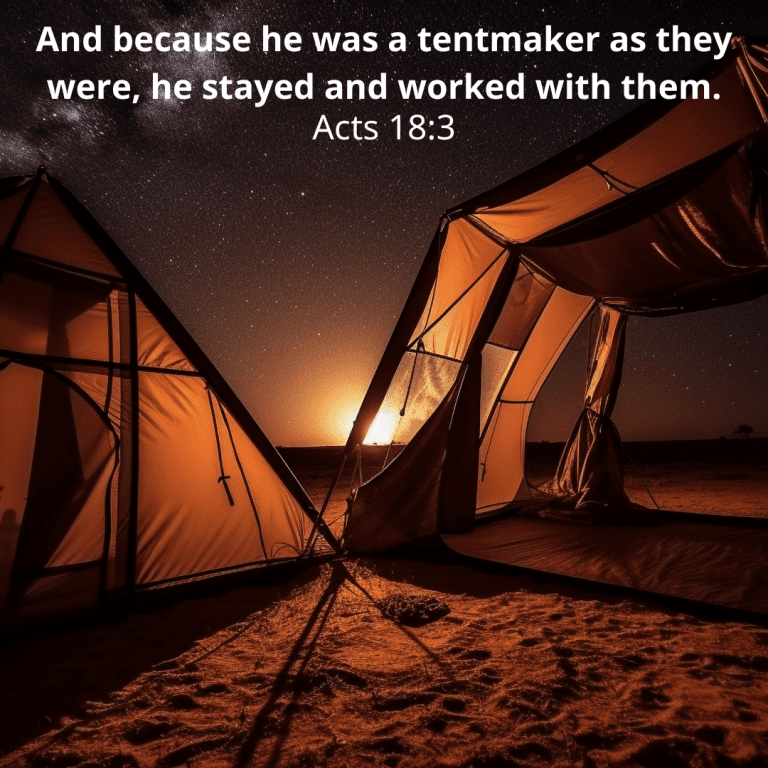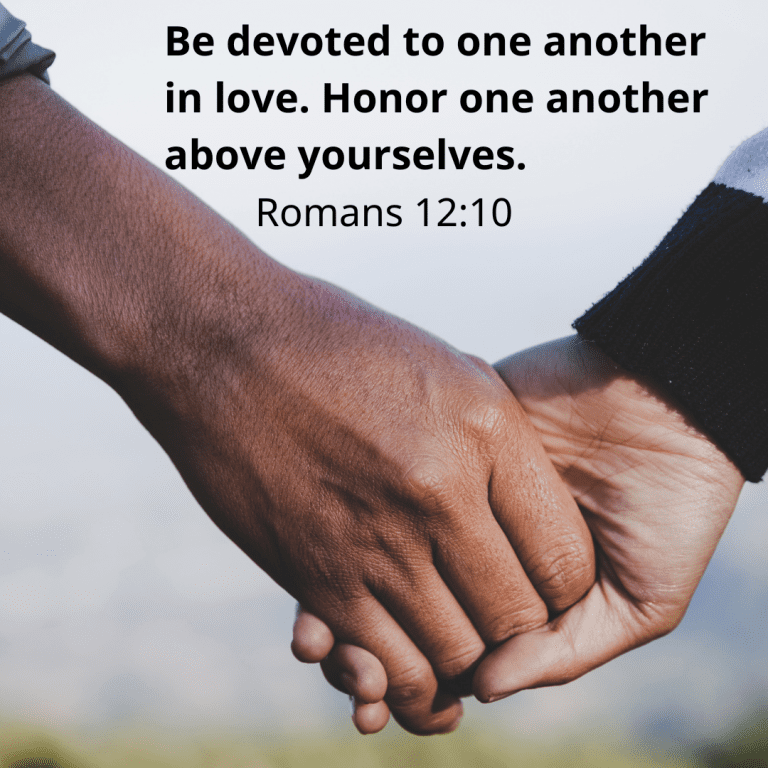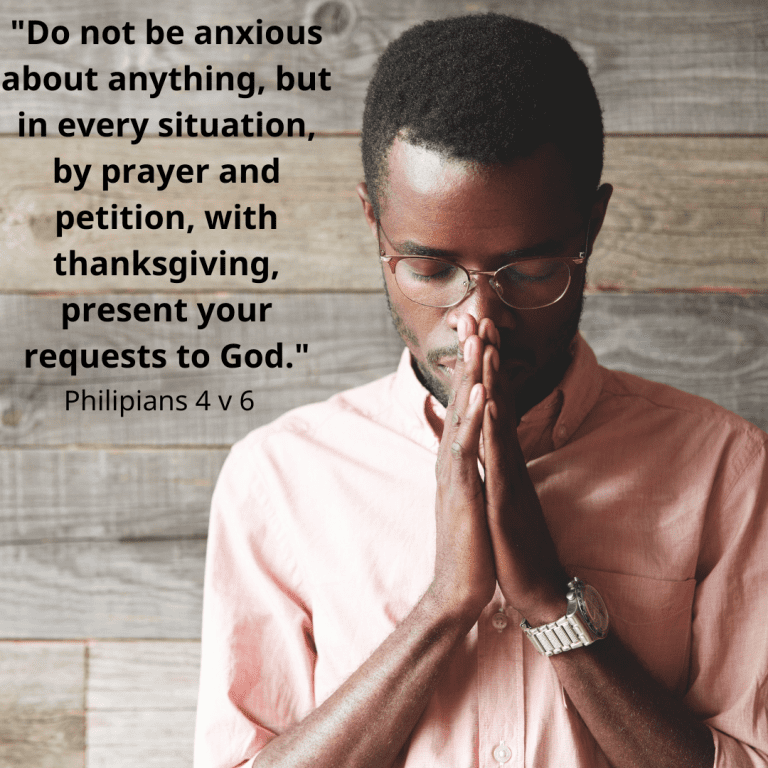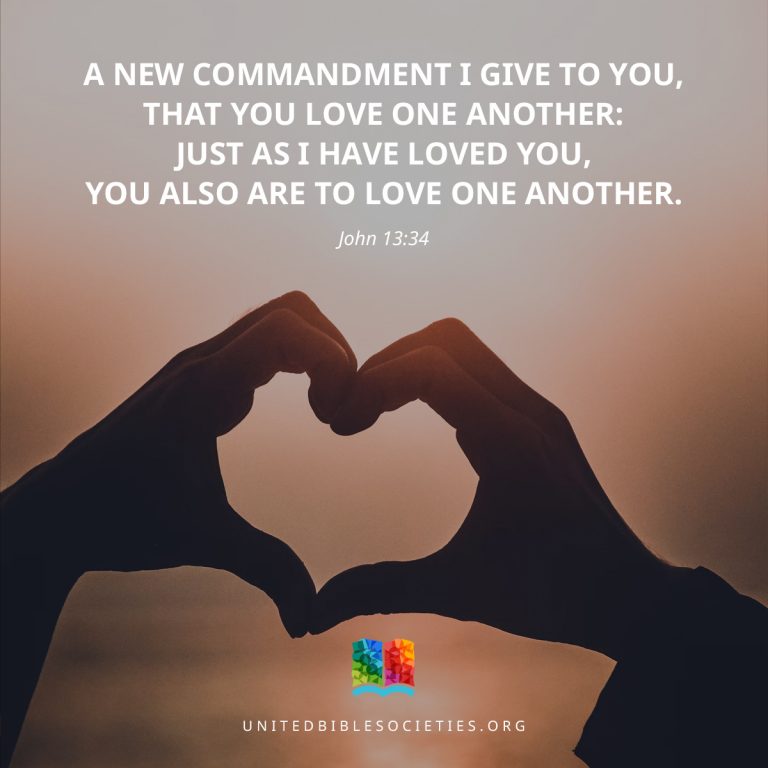The Example of Abraham
1 Well then, what can we say about our ancestor Abraham? 2 If he became acceptable to God because of what he did, then he would have something to brag about. But he would never be able to brag about it to God. 3 The Scriptures say, “God accepted Abraham because Abraham had faith in him.”
4 Money paid to workers isn't a gift. It is something they earn by working. 5 But you cannot make God accept you because of something you do. God accepts sinners only because they have faith in him. 6 In the Scriptures David talks about the blessings that come to people who are acceptable to God, even though they don't do anything to deserve these blessings. David says,
7-8 “What a blessing
when God forgives our sins
and our evil deeds.
What a blessing
when the Lord erases our sins
from his book.”
9 Are these blessings meant for circumcised people or for those who are not circumcised? Well, the Scriptures say that God accepted Abraham because Abraham had faith in him. 10 But when did this happen? Was it before or after Abraham was circumcised? Of course, it was before.
11 Abraham let himself be circumcised to show he had been accepted because of his faith even before he was circumcised. This makes Abraham the father of all who are acceptable to God because of their faith, even though they are not circumcised. 12 This also makes Abraham the father of everyone who is circumcised and has faith in God, as Abraham did before he was circumcised.
The Promise Is for All Who Have Faith
13 God promised Abraham and his descendants that he would give them the world. This promise wasn't made because Abraham had obeyed a law, but because his faith in God made him acceptable. 14 If Abraham and his descendants were given this promise because they had obeyed a law, then faith would mean nothing, and the promise would be worthless.
15 God becomes angry when his Law is broken. But where there isn't a law, it cannot be broken. 16 Everything depends on having faith in God, so that God's promise is assured by his gift of undeserved grace. This promise isn't only for Abraham's descendants who have the Law. It is for all who are Abraham's descendants because they have faith, just as he did. Abraham is the ancestor of us all. 17 The Scriptures say that Abraham would become the ancestor of many nations. This promise was made to Abraham because he had faith in God, who raises the dead to life and creates new things.
18 God promised Abraham a lot of descendants. And when it all seemed hopeless, Abraham still had faith in God and became the ancestor of many nations. 19 Abraham's faith never became weak, not even when he was nearly 100 years old. He knew he was almost dead and that his wife Sarah could not have children. 20 But Abraham never doubted or questioned God's promise. His faith made him strong, and he gave all the credit to God.
21 Abraham was certain that God could do what he had promised. 22 So God accepted him, 23 just as we read in the Scriptures. But these words were not written only for Abraham. 24 They were written for us, since we will also be accepted because of our faith in God, who raised our Lord Jesus to life. 25 God gave Jesus to die for our sins, and he raised him to life, so that we would be made acceptable to God.
Taka'da Taoma Abarayama ro ro
1 Ka'do inye, màtana 'bo gwo màkye e'di ta Abarayama täpi tu'de amaro ro rota ya? Tavousu ndaro e'diya? 2 Aba ondro a'ba Abarayama gwo ŋgye Lu be losi se nda koyebe si, nda a'dona ndi ŋga aza be driuŋgyine tana ro oko ko Lu mile, 3 taegyi ka ata ekye: “Abarayama matate Lu ya, ago ta taoma ndaro rota Lu ti nda te taŋgye'ba ro.”
4 'Dise kabe losi oye ozo päläti ndaro te, oko andre ànya kote oso ŋgapäṛi ronye, ànya orivoya oso ŋgase nda usube ni ronye. 5 Oko 'dise kabe ruäti taoma ndaro dri, ko taoye ndaro dri, ago se kabe taoma Lu se kabe taenji'ba o'ba taŋgye'ba ro dri, taoma ndaro Lu ka otina ayani nda o'baza taŋgye'ba ro andivo ndaro be. 6 Ono ni tase Dawidi kusube se nda atate ta riyä mano aza se Lu tite taŋgye'ba ro rota, to ni ŋgase mano ana kabe oyena risi ekye:
7 “Ànya se e'be ànya te ta takozi ànya ro rota ni kado,
se e'bete ta takozi rota kwoi!
8 'Dise Opi go ru ta takozi naro kote 'duro ni kado.”
9 Inye'do riyä se Dawidi ata tana be ono toto ta ànya se alote ŋbiṛiro rota ayani ya? Ko inye! Kpa ta ànya se oloako ŋbiṛiro kai rota. Tana mäzite ni taegyi yasi ekye: “Abarayama matate Lu ya, ago ta taoma ndaro ro ta, Lu ti nda te taŋgye'ba ro.” 10 Ta ono a'dote itube ya? A'dote ṛo käti kode a'dote Abarayama oloŋbiṛiro vosi ya? A'dote käti, ko kovolesi. 11 Alo nda te kovolesi, ago oloŋbiṛiro ndaro taka'daro yi taka'daza anjioko ta taoma ndaro rota Lu ti nda te taŋgye'ba ro ṛo teinye nda oloako ŋbiṛiro. Ago ta'doro Abarayama orivoya täpi a'do tori voro ro ànya se cini kabe taoma Lu ya ri ago ànya se atite taŋgye'ba ro ana ri, alo ànya ca ko ŋbiṛiro owo. 12 Nda kpa orivoya täpi ànya se alote ŋbiṛiro ro, se ko toto olooloro ŋbiṛiro oko se kayi kpa ori taoma ro ori oso täpi amaro Abarayama koribe käti nda oloako ŋbiṛiro ronye.
Tao'ba Lu ro Ärute Taoma si
13 Ondro Lu ko'ba tao'ba te Abarayama ndi zelevoi ndaro be ri ekye 'bädri ri a'done ndäri oko, nda yete inye, ko tana Abarayama ro Ota ndaro te, oko tana nda matate ago Lu ti nda te taŋgye'ba ro. 14 Ondro ka'do tase Lu ko'ba tao'ba be tana ro ozote ànya se kabe Ota oro ri, 'dooko taoma lidri rote takaciako ago tao'ba Lu rote takadoako. 15 Ota ka kyila Lu ro ezi, oko vose ota ako, ta ota oroako ro ṛo i'do kigye.
16 Ago änju tao'ba te taoma dri, tana 'dooko tao'ba ka'do robe ŋgapäṛi dritairo Lu ro ro zelevoi cini Abarayama ro ri, ko toto ànya se kayibe Ota oro ri, oko kpa ànya se kayibe taoma oso Abarayama koyebe ronye ri. Tana Abarayama a'do tori ro voro orivoya ni täpi ama cini ro; 17 oso taegyi kabe ata ronye ekye: “Ma'ba mi te täpi ro tu'dei amba ri.” Ago tao'ba orivoya kado mile Lu roya, se Abarayama komatabe kigye, ni Lu se kabe avo adri ago 'ba ŋgase ni ko a'done te a'done. 18 Abarayama matate ago 'bamite, ondro ŋgase abe ugu mio'ba tana ro ka'do ca i'do owo, ago ta ono ro nda a'dote täpi tu'dei amba ro. Kpa oso taegyi kabe ata ronye ekye: “Zelevoi miro a'dona 'da amba oso 'bi'bii ronye.” 19 Ndroa ndaro sa gica le oso kama alo (100) ronye oko, taoma ndaro a'do kote mbaraako nda kusu ta lomvo ndaro ro gica, se a'dote nja avo ro, ago Sara ni kote a'done ŋgwai be. 20 Nda e'be taoma ndaro kote, ago nda a'do kote wiriwiri ro tao'ba Lu ro tana ro, taoma ndaro 'ba nda te twi mbara be, ago nda ozo räṛu te Lu ri. 21 Nda mate endaro anjioko Lu orivoya mbara be ŋgase nda ko'ba tana be ono oyene. 22 Ono ni tase Abarayama, taoma si, “a'degwo nda otine taŋgye'ba ro Lu si owo.” 23 Ata gi, “ati nda be sina taŋgye'ba ro” ono egyi kote ndäri iṛe ayani. 24 Egyi ànya kpate ta amaro ta se alebe kpa otine taŋgye'ba ro, se kabe taoma nda se keŋga Yesu Opi amaro be ni avo yasi ana ya ri. 25 Tana ta takozi amaro rota ozo nda te odrane, ago eŋgate adri ya tana ama o'baza ŋgye Lu be.

